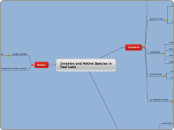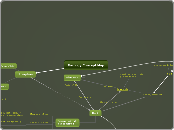av McGauley Trevor 6 år siden
365
Taiga Sheild
The Taiga Shield, home to the world's oldest rocks dating back nearly 4 billion years, showcases a variety of geological formations such as sedimentary and volcanic rocks, glacial grooves, and granitic structures.









